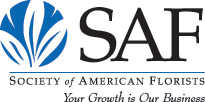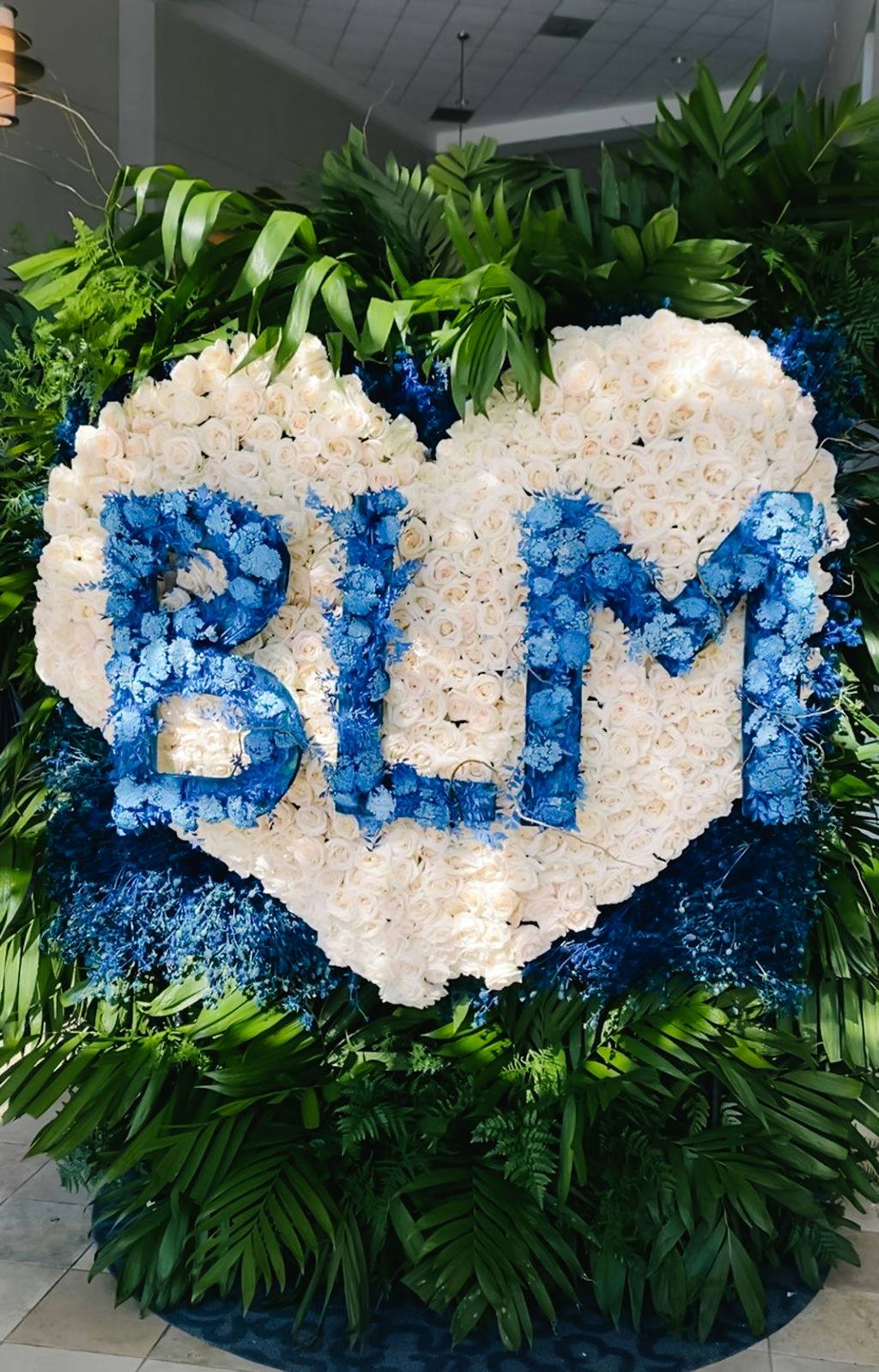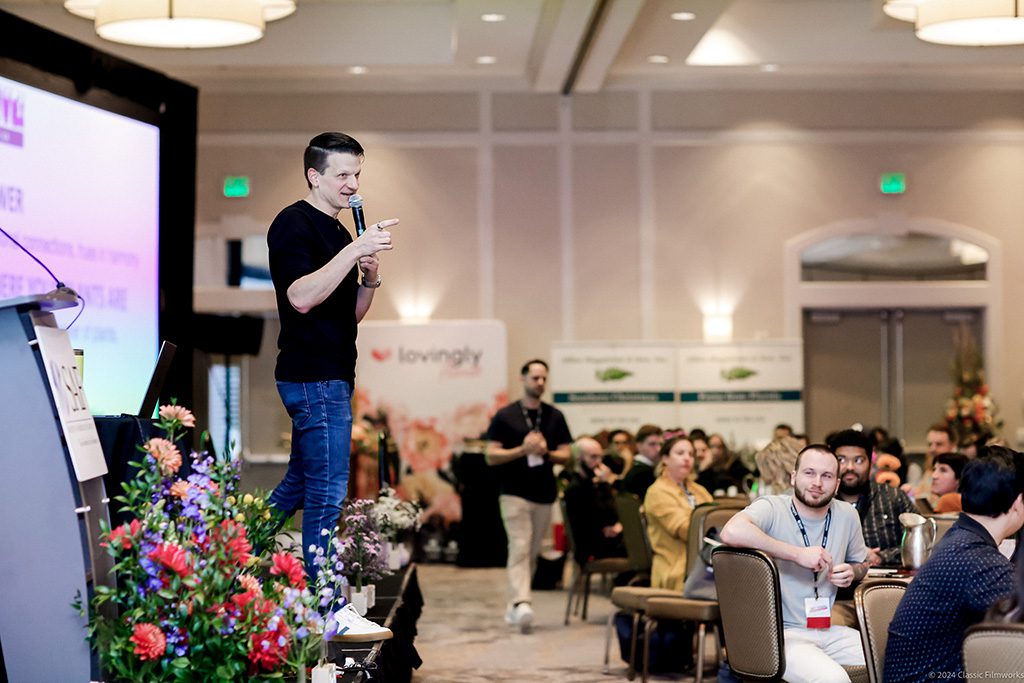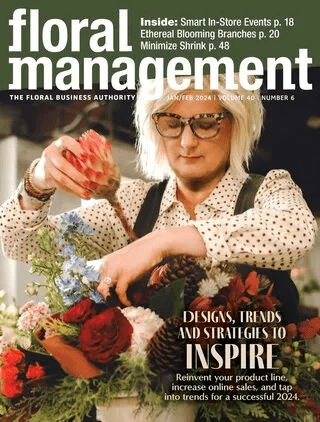 “Hope you are well!” “Hang in there.” “May the force be with you.” If you’re struggling with how to begin and end emails lately, you aren’t alone. The global pandemic has made once standard small talk feel a little awkward. The BBC recently offered some advice.
“Hope you are well!” “Hang in there.” “May the force be with you.” If you’re struggling with how to begin and end emails lately, you aren’t alone. The global pandemic has made once standard small talk feel a little awkward. The BBC recently offered some advice.
“Salutations once considered polite – ‘All the best’ or ‘Regards’ – can now come off as overly detached,” writes Clarissa Sebag-Montefiore. “Other more cheerful sign-offs – ‘Hope you’re having a great week!’ – seem tone-deaf. Email communication has become a balancing act: to ignore the pandemic seems disingenuous, but to overdo the platitudes about health and safety might peddle more panic.”
Among the best practices the story offers:
Don’t ignore world events. Arden Clise, a Seattle-based etiquette consultant, and author of “Spinach in Your Boss’s Teeth: Essential Etiquette for Professional Success” told Sebag-Montefiore it’s important to make some mention of current times as you engage with clients via email, particularly if that’s the primary medium for your contact with that person. “If you’re not acknowledging the challenges of our world right now, it looks like all you care about is business,” says Clise. “You come across as focused on only the bottom line.”
It’s an approach that Mike Reid, founder and CEO of Basecamp Strategy, also embraces. His suggestion: focus on the first few words you write. “In the first sentence of an email you have to acknowledge: ‘I hope things are okay, I hope you are well, considering’,” he told Sebag-Montefiore. “I think that can actually lead to a more meaningful interaction.”
Aim for compassionate — but professional. Being overly familiar can also cause problems. After all, you may not be sure of the situation the recipient is in. “It feels rude to blindly say: ‘Stay safe’,” Reid explained. “I don’t know if they might already have coronavirus or if a family member does.”
Snezana Pejic, founder of The Etiquette Academy of New England in Massachusetts, told Sebag-Montefiore that it is good practice to focus on compassionate wording. “People are fatigued from isolation and fear: fear about the economy, fear about their families and their future,” said Pejic, who added that she’s stopped signing off emails with “warm regards” and switched to “I look forward to your reply at your leisure”.
Use humor carefully. A funny or warm sign-off (“Stay sane,”“Handwashingly yours,” “Hugs”) might endear you to clients and contacts with whom you already have a good relationship but use humor sparingly with those you don’t know well, advised experts in the story. “It is incredibly important to realize that the person on the other end with whom you are dealing may be in a very serious situation: you don’t know what they are facing,” said Candace Smith, founder of Candace Smith Etiquette in Orange County, California. “[You] don’t know how things will land.”
Mary Westbrook is the editor in chief of Floral Management.










